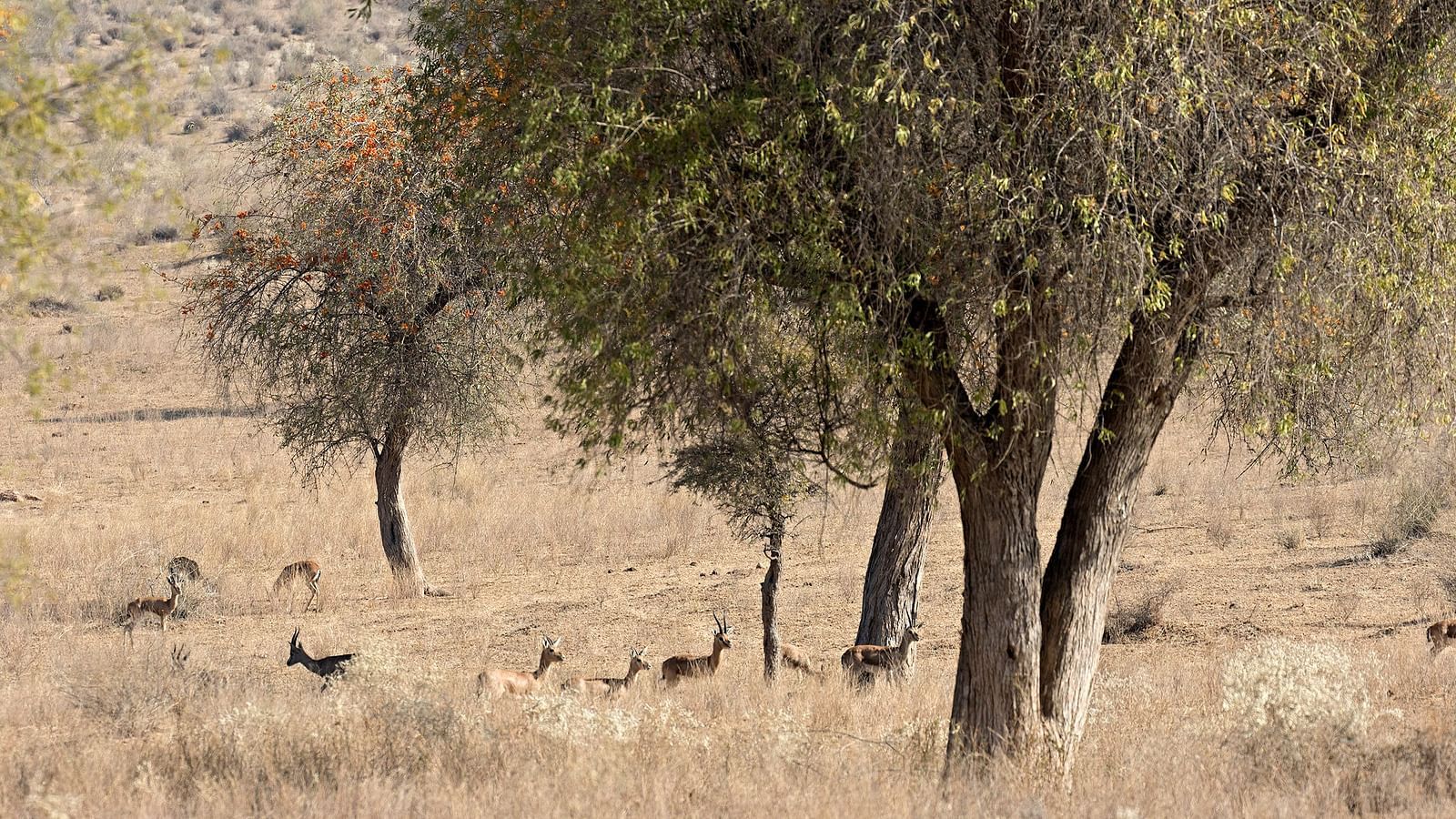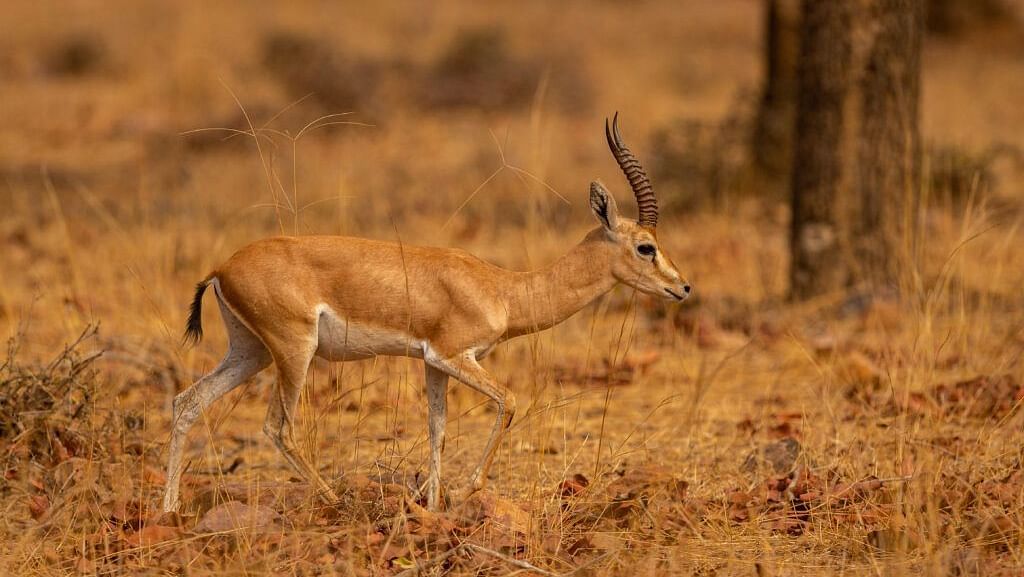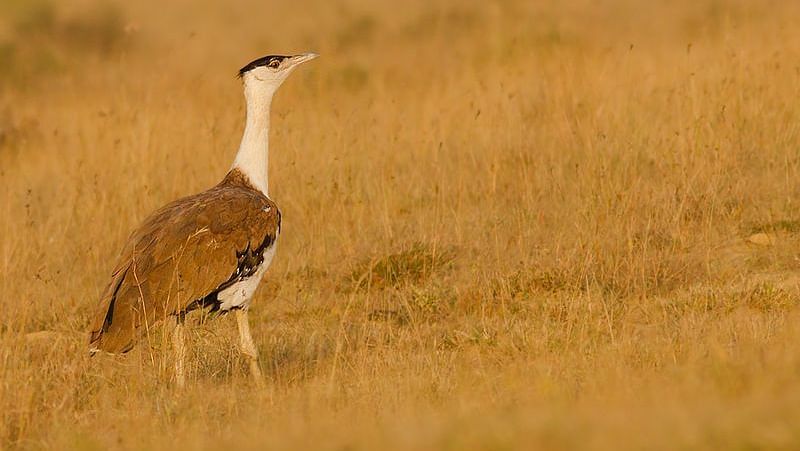- Things to Do in Rajasthan
- Camel Safari Jaisalmer
- Your Ultimate Rajasthan Desert Trip
- Sun City of India
- Desert Resort near Jodhpur
- History of Mehrangarh Fort
- Rajasthani Cuisine
- Places to Visit Near Jodhpur
- History of Jaisalmer Fort
- Cultural Heritage of Rajasthan
- Jodhpur Temples
- Blue City Jodhpur
- Weekend Getaway near Jaipur
- Jaisalmer Desert Festival
- Jodhpur or Jaisalmer Which is Better
- Khichan Cranes and Lohawat Bishnoi Temple, Rajasthan
- Bhadariya Temple and Ramdevra Temple
- Culinary Delights of Jodhpur: A Foodie's Paradise
- Mehrangarh Fort: Journey through Bollywood’s Iconic
- Jaisalmer's Rajputana Glory: Embracing A Golden Legacy
- Starry Nights and Desert Dreams with MANVAR
- Rajasthani Folk Dances: A Vibrant Display of Tradition
- The Village Walk Experience near MANVAR
- Exploring Nearby Attractions
- Shopping in Jaisalmer
- Camels: The Ship of the Desert
- Unleashing the Thrill of Dunes
- Embracing Rajasthan's Fashion Heritage
- Jaisalmer's Film Connections
- Festivals and Folklore in Jaisalmer
- Chasing the Golden Hour
- Road trip through Rajasthan
- Architectural Marvels of Jaisalmer
- Exploring the Thar Desert
- Why Jaisalmer is called golden city?
- Exploring the Wild Side of Thar Desert
- The Timeless Beauty of Salim Singh Ki Haveli

Exploring the Wild Side of Thar Desert
Despite the expectations that a desert does not harbour many living creatures, the Thar desert is an incredible place to experience scrub forest-type wildlife. This arid region is home to a variety of species that have adapted to the harsh conditions of the desert. In this blog post, we’ll take a closer look at some of the wildlife you can expect to encounter on a safari around our desert camp near Jaisalmer.
1. Indian Gazelle
The Indian Gazelle, also known as the Chinkara, is a small antelope found in the Thar desert. They are one of the most commonly found wild neighbours around our desert camp near Jaisalmer, and in fact live in close quarters with the various indigenous communities here. These graceful creatures are well adapted to the harsh conditions of the desert, and can survive without water for long periods of time. They are typically active in the early morning and late afternoon, and can often be seen grazing on grasses and leaves.

2. Desert Fox
The Desert Fox, also known as the White-footed Fox, is a small carnivore found in the Thar desert. Chances are slim that you may see one on your desert safari, but not impossible! These foxes have adapted to the harsh conditions of the desert by being able to survive without water for long periods of time. They are primarily nocturnal and can often be seen hunting for rodents and other small prey.
3. Desert Cat
The incredibly rare Desert Cat, also known as the Rusty-spotted Cat, is a small wild cat found in the Thar desert. They are one of the smallest wild cats in the world and are known for their distinctive rust-coloured spots. These cats are also primarily nocturnal, the desert being the perfect hunting ground at night, and feed on rodents, birds, and reptiles.
4. Great Indian Bustard
These magnificent birds are critically endangered, with the last 150 or so to be found in the Thar desert. These birds are known for their distinctive appearance, with a large, round body and long legs. They are primarily ground-dwelling and feed on insects and small reptiles. Owing to their diminishing numbers, various conservation efforts are underway to bring the species back from extinction. We have written about the Great Indian Bustards and these efforts, which you can read in our previous blogs: Conserving The Great Indian Bustard In Rajasthan

5. Indian Spiny-tailed Lizard
The Indian Spiny-tailed Lizard, also known as the Dhundhari, is a large lizard found in the Thar desert. These lizards have adapted to the harsh conditions of the desert by being able to survive without water for long periods. They are primarily herbivores, feeding on desert vegetation.
The Thar desert in Rajasthan is a unique and incredible place to experience wildlife. If you’re interested in wildlife and nature, join us at MANVAR Desert Camp near Jaisalmer to experience what a true desert safari feels like, amidst a 400-acre private reserve